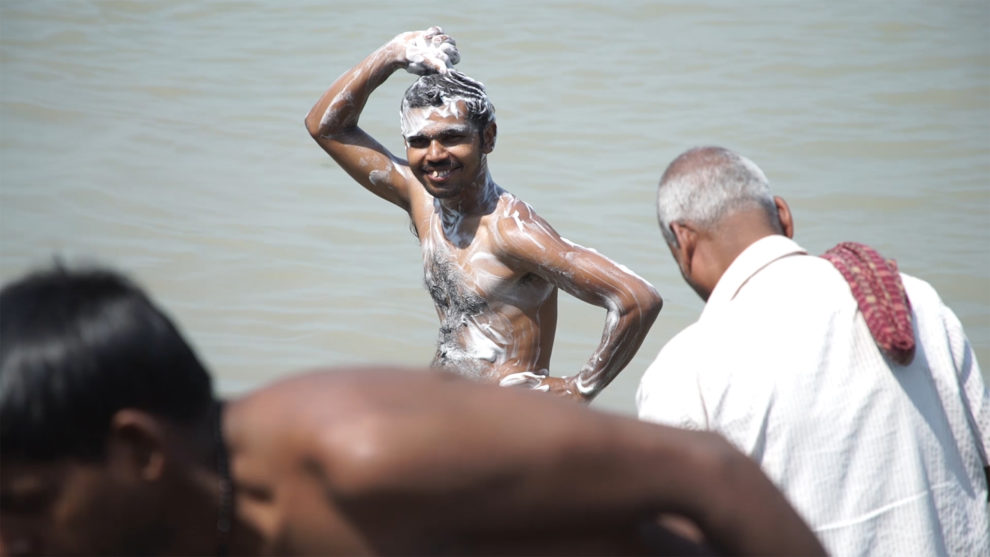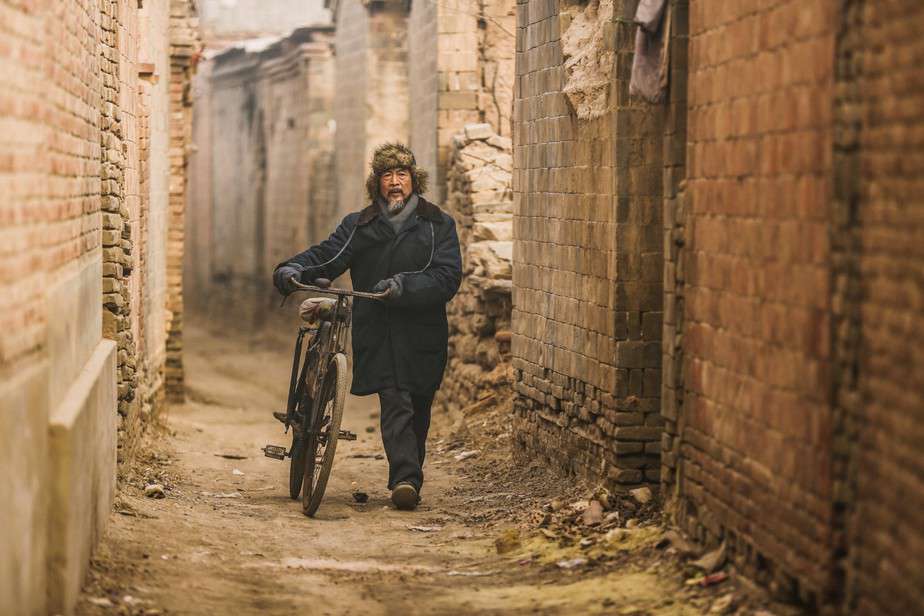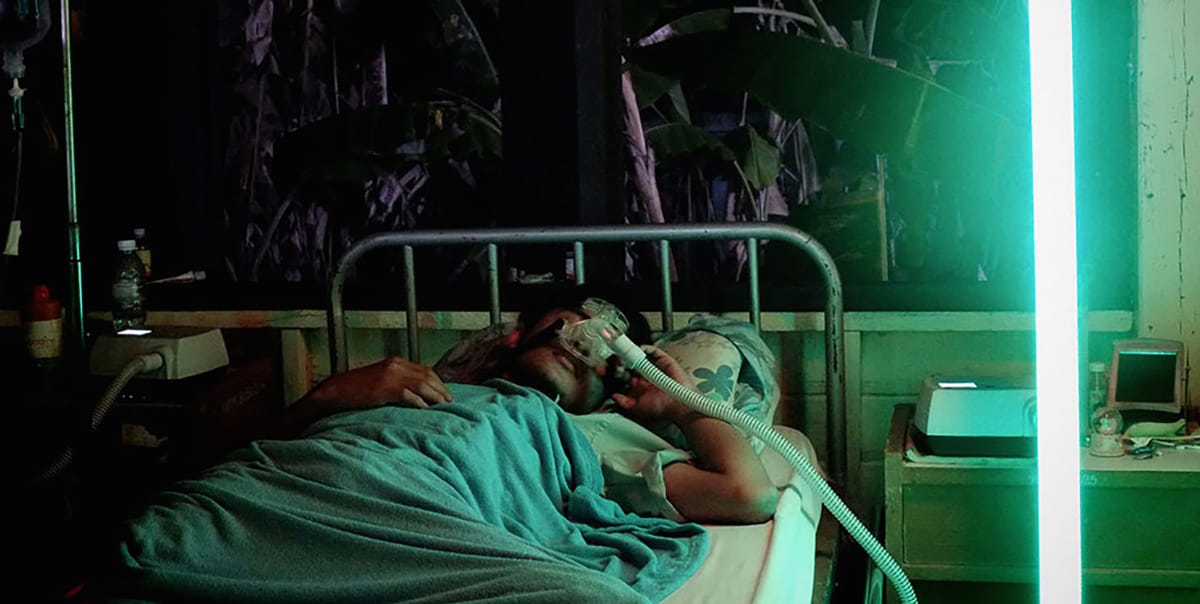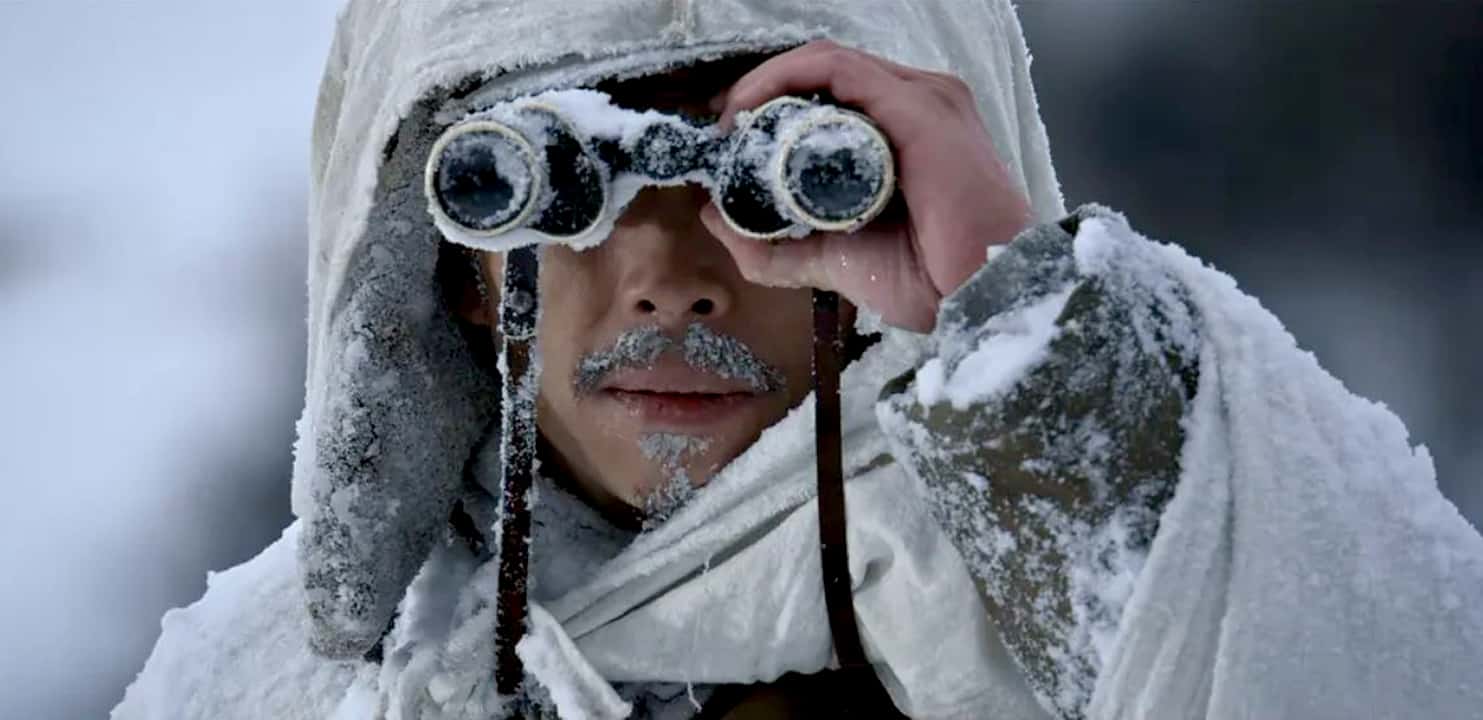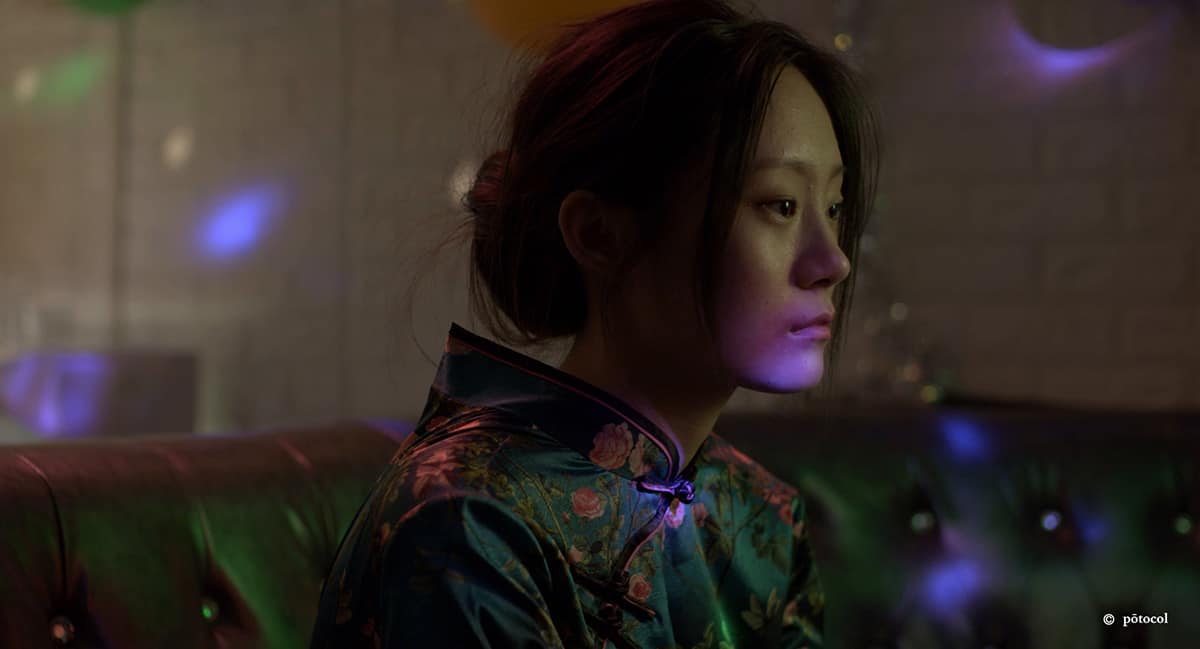People in Greece tend to whine. A lot. They whine about not having money, about the government, about their neighbours, about not finding parking easily, about everything. Most of all, however, they whine about their significant halves, whom they love, most of the time, but also despise on occasion, in the kind of antipathy that can only result from living and interacting with someone for years in the same house. It was kind of a surprise for me to see this last aspect in particular being presented in a Malayalam film, particularly in the way Don Palathara chose to show how the lockdown has intensified the issue, in a narrative that also includes a tour guide element in Kolkata.
Everything is Cinema is screening at International Film Festival Rotterdam
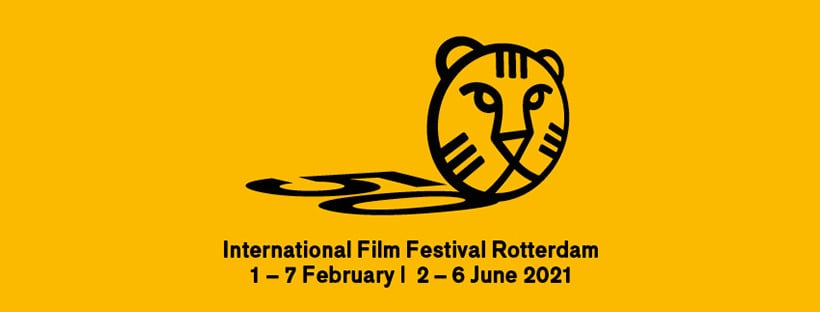
The minimalist story revolves around a Malayalam-speaking filmmaker called Chris, who movies to Kolkata to shoot a documentary in reaction to Louis Malle's 1969 “Calcutta”. Shortly after starting to shoot the film, Covid-19 hits the world, forcing him into quarantine. Instead of facing the city, Chris is now forced to deal with the relationship with his wife, an actress who also appeared in his movies, who accompanied him, with both not expecting to see that much of each other. Instead of looking outwards, he's now looking inwards; not at himself, however, but at his wife, whom he seems to despise in ways he did not even realize before.
Don Palathara directs a movie that unfolds in two rather different axes. The first one is in colour, and functions as a tour guide to Kolkata, with him recording footage of everyday people in the streets, including some really memorable sequences, like the one of the monkey dancing under the orders of its owner, the ways people use mud for sculpture or ceramics and their washing and swimming in the rather unclean river. The resemblance with Louis Malle's work is evident, but these aspect is not the main focus here, as the narrative soon switches to sequences inside the apartment director and his wife, Anita find themselves in, in black and white this time.
From the beginning, Chris, who seems to record his wife almost constantly, occasionally even unbeknownst to her, cannot hide his resentment about her ways, in a practice that soon begins to look like whining. The way she needs to appear beautiful and get the approval of people, which Chris considers a sign of conformity, her will to communicate with people, even in person during the pandemic, her cooking, her relationship with her ex, her practicing of yoga, even her will to have sex become a nuisance to him, to the point that a question regarding the reasons he is with her arises both to the viewer and the protagonist himself. Initially, she does not seem to notice neither his recording nor his growing resentment, but the clash in such a secluded setting is unavoidable, and eventually comes down crashing, in a scene that further highlights Chris's unfairness towards her and his overall despicability.
These segments are presented much like a home video, with Palathara's voice (who plays Chris) being a constant, with him commenting on a number of things apart from Anita's ways, in a style that could easily be described as whining. The comments, however, are interesting on occasion. The ones about people not being careful during the lockdown in their interactions with others, the connection between art and sex (“everything we do is to attract a sexual partner”), the way people confuse religion and even superstition with science and the difficulties relationships present, even more so during the pandemic, emerge as the most significant. In a last aspect, Anita's own voice is rarely heard, compared to Chris's at least, which can also be perceived as comment regarding his opinion being more important. At the same time, that the only time she speaks extensively in English is when the intense fight commences, furthers this comment as it also showcases the actual distance between the two, in Sherin's Catherine's most memorable moment in the film
Both approaches Palathara implements here are quite interesting, also due to their distinct antithesis, but at the same time there is a feeling that he started to do one thing, and ended up with something completely different, probably due to the lockdown measures. Furthermore, the comments Chris makes are interesting, but the way he is shooting his wife is intruding, since most of the time she seems not to realize what is happening, while at some point, although not exactly depicted, there is obviously some kind of violence towards her. Thus, his constant bickering becomes tedious after a fashion, and he, rather unlikable as a character, essentially bordering on despicable. On the other hand, there is something about this annoyance that makes it very difficult to dismiss both him and the film, perhaps because his thoughts and comments actually mirror the ones of many, particularly during the pandemic. This juxtaposition of captivation and annoyance is a central part of the narrative, and one of the main points that retains interest for the whole of the 70 minutes of the movie.
“Everything is Cinema” is an unusual film, even for a “quarantine movie”, but the appeal, particularly through a number of antithetical elements that dominate the narrative, is rather evident, deeming it an interesting title, to say the least.


